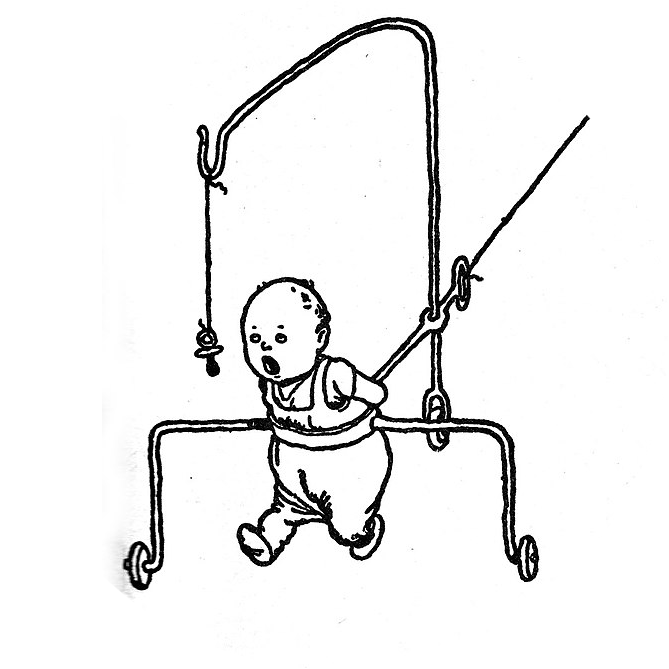They started installing poles along a main road near where we live and I’m not sure what the white antennas on them are for. Some of the poles have traffic cameras like the one in the picture but others don’t. They are spaced every half to one mile and have antennas on opposite sides, with what looks like a radio cabinet near the base. The antennas are all aligned along the road, pointing parallel to traffic. This is in southwest Pennsylvania.


It is not using token ring protocol. It is a wireless implementation of the Ethernet protocol. I don’t think you fully understand what token ring is, or we’re not doing a good job of explaining what a point-to-point radio is.
Removed by mod
Sure. And if you ran an Ethernet cable between each station, they’re still dependent on the station before it. What point are you trying to make?
Removed by mod
Yeah, router on a stick is definitely not how anyone sets up home Ethernet.
Idk why you’re even mentioning home Ethernet. Most people I know don’t have cameras on electrical poles connected by airFibers inside their homes, that’s solidly enterprise shit.
I’ve aligned in the high hundreds, if not low thousands, of pairs of these exact model of radio in my career. I’ve aligned hundreds of Siklu’s that shoot 10Gbs duplex over 2.5-3 fucking miles. Please tell me more about how the wireless backhaul wasn’t Ethernet but was actually token ring.
Wind doesn’t make a bit of difference unless you don’t know what you’re doing and you half assed your job, although rain will for sure fuck you. I’m starting to think you’re just repeating things you’ve heard instead of talking about something you have a thorough understanding of.
Removed by mod
I mean I’ve got my CCIE so I wouldn’t say that I’m only knowledgeable in one single fringe area, but go off anyway.
Removed by mod
Fuck dude, I guess I hit a nerve there. I’m sorry I angered you so much.